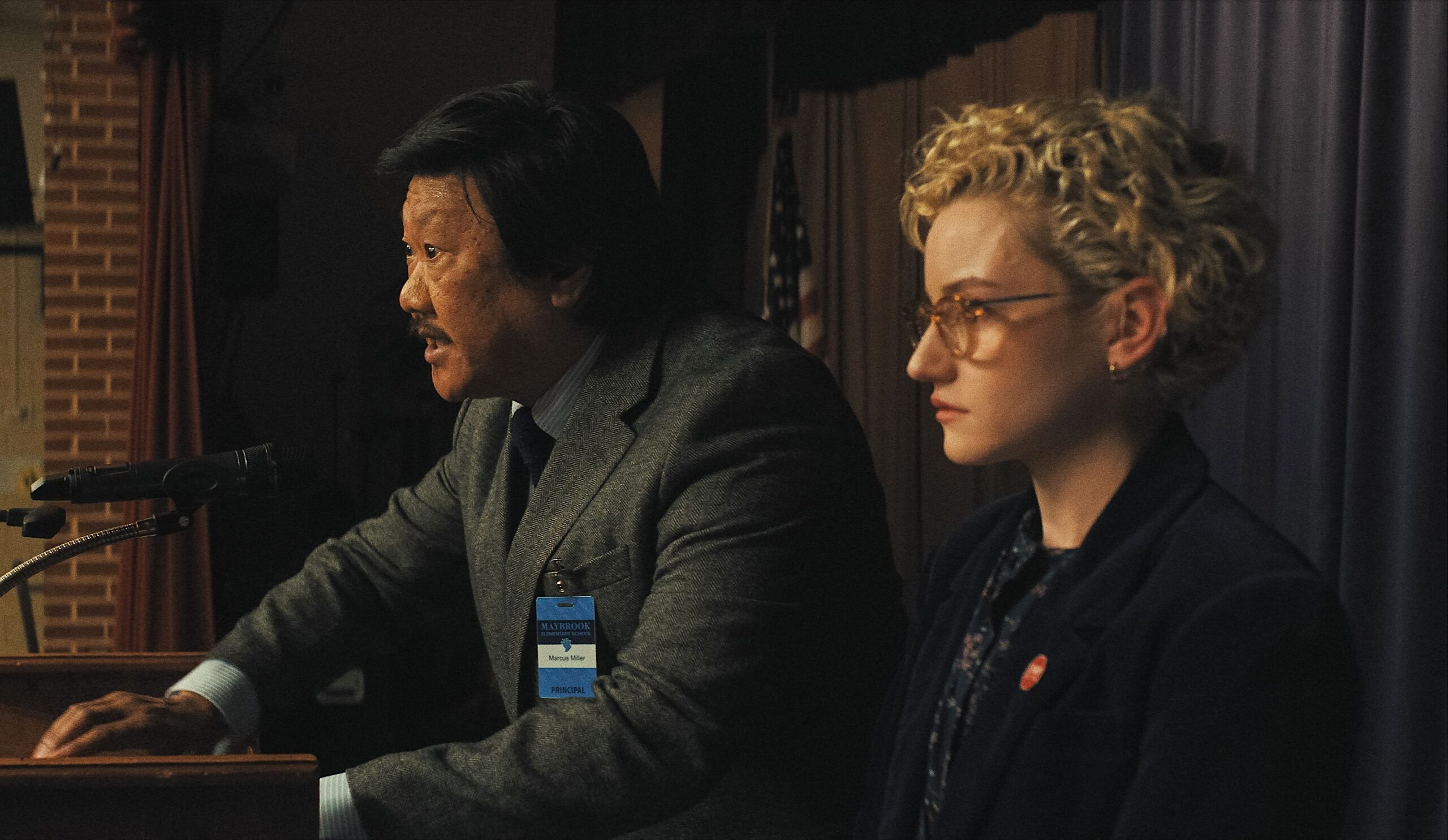Zach Cregger’s new horror film, *Weapons*, has sparked discussions with its compelling narrative and intriguing themes. The movie centers around a mysterious event where 17 children vanish simultaneously at 2:17 a.m., leaving audiences questioning the circumstances behind their disappearance. Cregger, known for his unique storytelling, has infused the film with personal elements drawn from his life experiences.
Cregger has openly shared that the film reflects his family history of alcoholism and the profound grief following the death of a close friend. In various interviews, he emphasizes the importance of these themes while remaining somewhat detached from how they are interpreted by viewers. He stated, “I don’t care if any of this stuff comes through. The alcoholic metaphor is not important to me. I hope people have fun, honestly. It’s not really my business what people make of the movie.”
The film’s engaging premise captivates audiences, yet Cregger urges viewers to focus on their enjoyment rather than diving deep into the underlying messages. This approach raises questions about the role of personal experiences in storytelling and how they influence audience perception.
Exploring Themes of Grief and Symbolism
The narrative of *Weapons* interweaves elements of grief, loss, and societal commentary. The dream-like imagery and the portrayal of characters with varying political views add layers to the story, inviting diverse interpretations. Critics have noted that while the film offers a surface-level horror experience, it also provokes thought regarding deeper societal issues.
Cregger’s intention appears to be a blend of entertainment and reflection. While some may perceive the film as merely a horror flick, others might find resonance in its exploration of personal demons and societal challenges. The duality of its nature is part of what makes *Weapons* a subject of conversation within the film community.
Audiences have expressed varied reactions to the film. Some appreciate the layered storytelling, while others argue that its deeper themes may not be fully realized. Regardless, *Weapons* has positioned itself as a noteworthy entry in the horror genre, prompting viewers to engage with both the plot and its broader implications.
The Impact of Personal Narratives in Film
Cregger’s work underscores the significance of personal narratives in contemporary cinema. By drawing from his life, he creates a unique lens through which to view societal issues. This approach resonates with many filmmakers who strive to infuse their work with authenticity while balancing commercial viability and artistic expression.
As *Weapons* reaches audiences globally, it serves as a reminder of the power of storytelling in addressing complex topics. It invites reflection on how personal experiences shape artistic endeavors and how these narratives can influence public discourse.
In conclusion, Zach Cregger’s *Weapons* is not just a horror film; it is a multifaceted exploration of grief, societal issues, and personal history. While Cregger encourages viewers to enjoy the film for its entertainment value, the deeper themes present an opportunity for reflection on the human experience.
